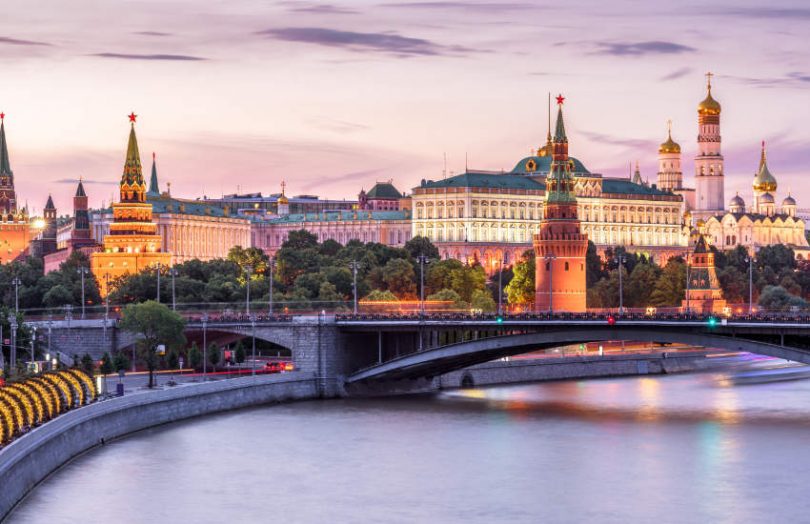Yesterday Russia’s Deputy Finance Minister Alexei Moiseev said that the Central Bank of Russia, which has resisted moves to legalize cryptocurrency, was willing to contemplate using cryptocurrency for cross border payments.
To date, the Ministry of Finance and the central bank have taken opposing positions regarding cryptocurrency, with the central bank objecting to proposed Ministry of Finance legislation to legalize the sector.
Update: A day later, Tass reported Moiseev talking about using stablecoins pegged to commodities such as gold. “We are currently working with a number of countries to create bilateral platforms in order not to use dollars and euros,” said Moiseev.
“We offer mutually acceptable tokenized instruments that will be used on these platforms, which are essentially clearing platforms that we are currently developing with these countries. Stablecoins can be pegged to some generally recognized instrument, for example, gold, the value of which is clear and observable for all participants.”
Circling back to the central bank’s involvement, Russian news outlet RIA Novosti contacted the central bank, which confirmed that it was only discussing cryptocurrency to settle cross border transactions. It emphasized the discussions are not about legalizing cryptocurrency within the country for payment nor for cryptocurrency exchanges.
Another newspaper, Kommersant, explored the practicality of using cryptocurrency to settle corporate payments. One businessman runs a fashion house and mainly deals with French and Italian companies. He was unconvinced his business partners would be technically comfortable dealing with cryptocurrencies as many are family companies.
Another manages a Moscow furniture store and was personally concerned about cryptocurrency volatility and viewed them as a toy for speculative investors. However, he mentioned the possibility of stablecoins but was aware of the collapse of Terra.
The real question is whether or not the effort is worthwhile because foreign regulators are likely to respond. Cryptocurrency exchanges might be loathe to breach sanctions for fear of being denied licenses elsewhere. And self-hosted wallets might prove a step too far for corporates unfamiliar with the technology.
The transparency of cryptocurrencies and blockchain means the Russian destination for payments is likely to become obvious unless they are routed elsewhere, such as via Hong Kong.
Given discussions between the Ministry of Finance and the central bank are still ongoing, a range of possibilities could be pursued. These include a bespoke digital asset, even a digital ruble.
The Central Bank of Russia has acknowledged that it has accelerated work on a central bank digital currency and sees it as a way to circumvent SWIFT. Earlier this month, it said pilots would start in 2023. Additionally, in June, state-owned defense firm Rostec announced it had developed an “alternative to SWIFT in international settlements.”
Update: the article added the new quote from the Deputy Finance Minister re bilateral settlement platforms and using commodity backed stablecoins.







